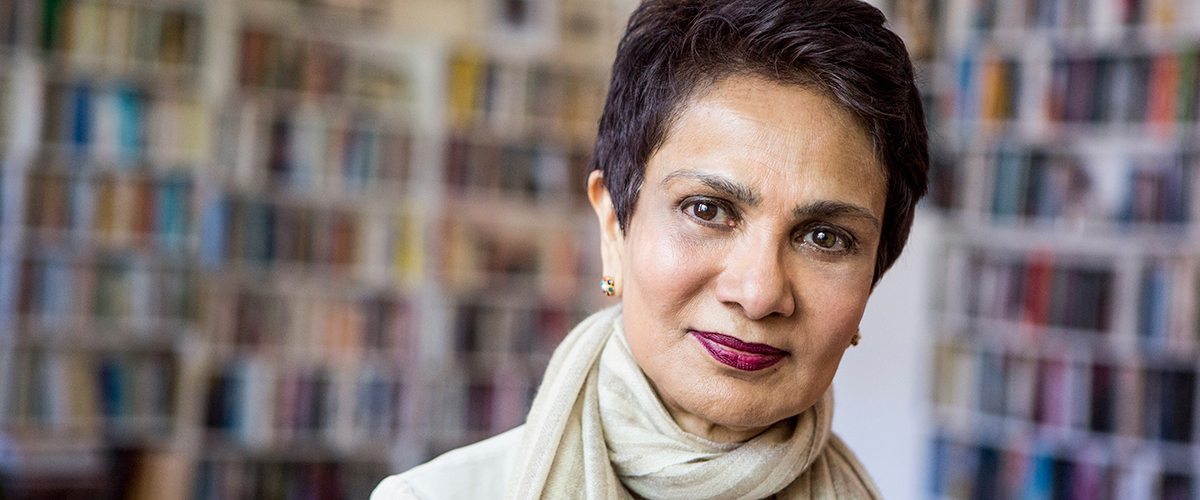Inside NYP: Dr. Azra Raza
The cancer researcher discusses her life's work: saving cells to save people.


In 1977, I came to this country from Pakistan as a 23-year-old, with the grand notion of curing cancer. I call it the bravado of the young.
I knew that if I was going to cure cancer, it would take hard work. It wasn’t going to happen overnight. Now, had I gone to school in the United States, I would have done my Ph.D. studying cancer in mouse models, and I would still be studying mice today. Instead, I had gone to medical school in Pakistan, where such sophisticated animal models do not exist. So in order to study human cancer, I started to save cancer cells. And thus began my tissue repository.
Since 1984, I have saved every cell that I can save from every patient who comes to see me. Only a handful of patients in all these years have refused to participate. Patients realize that even though it may not help them, it may help someone else. Today, I have 60,000 samples from patients.
Why save cells? I was studying acute myloid leukemia, which is one of the most lethal cancers of the bone marrow. As I was seeing patients, I realized that many of them had a pre-leukemic phase that is called myelodysplastic syndrome (MDS). This provided an opportunity to study the development of leukemia at two stages of the disease. In the last three decades we have come a long way. Now, I and other oncologists are developing immunotherapies to strengthen the patient’s defense against the development of acute leukemia, to keep the disease at the pre-leukemia phase, along with therapies aimed at killing the malignant cells.
I might have known a lot about cancer, but it wasn’t until my own husband, Dr. Harvey Preisler, was diagnosed with leukemia — it was only when I stood on the other side of the bed as a wife did I realize that facts without emotions are like a bird without flight. Once I had the knowledge along with the emotions, I owned the disease.
It also taught me that empathy is as important as cutting-edge technology. It also taught me that as humans, we always need to have some hope. Every cancer patient needs hope.
I spend a lot of time seeing and talking with my patients. You can’t know what they’re going through with five simple questions and answers. To get inside their minds and their hearts, I sit with them and talk — about a classical music concert they went to or their grandchild’s graduation that they just attended — to learn about them and to get them to feel relaxed and share their anxieties. That’s when I can help address their fears, not with embellishments or false hope, but with kindness, compassion and empathy.
I’m drawn to books because reading fiction for me does three things. First, it allows me to poach on the experience of others. What happens to each character as a consequence of their own decisions? Second, I get an insight into myself through my own reactions to fictional characters. And, third, I learn to interpret the world in my own way rather than through received wisdom.
Dr. Azra Raza is an oncologist at NewYork-Presbyterian/Columbia University Medical Center, the director of the MDS Center at Columbia University and the Chan Soon-Shiong Professor of Medicine at Columbia University Medical Center. She conducts both basic and clinical research. Her basic research has been strictly therapy-driven and is aimed at moving the advances in the laboratory to the bedside for the improvement of treatment outcomes of MDS patients.

